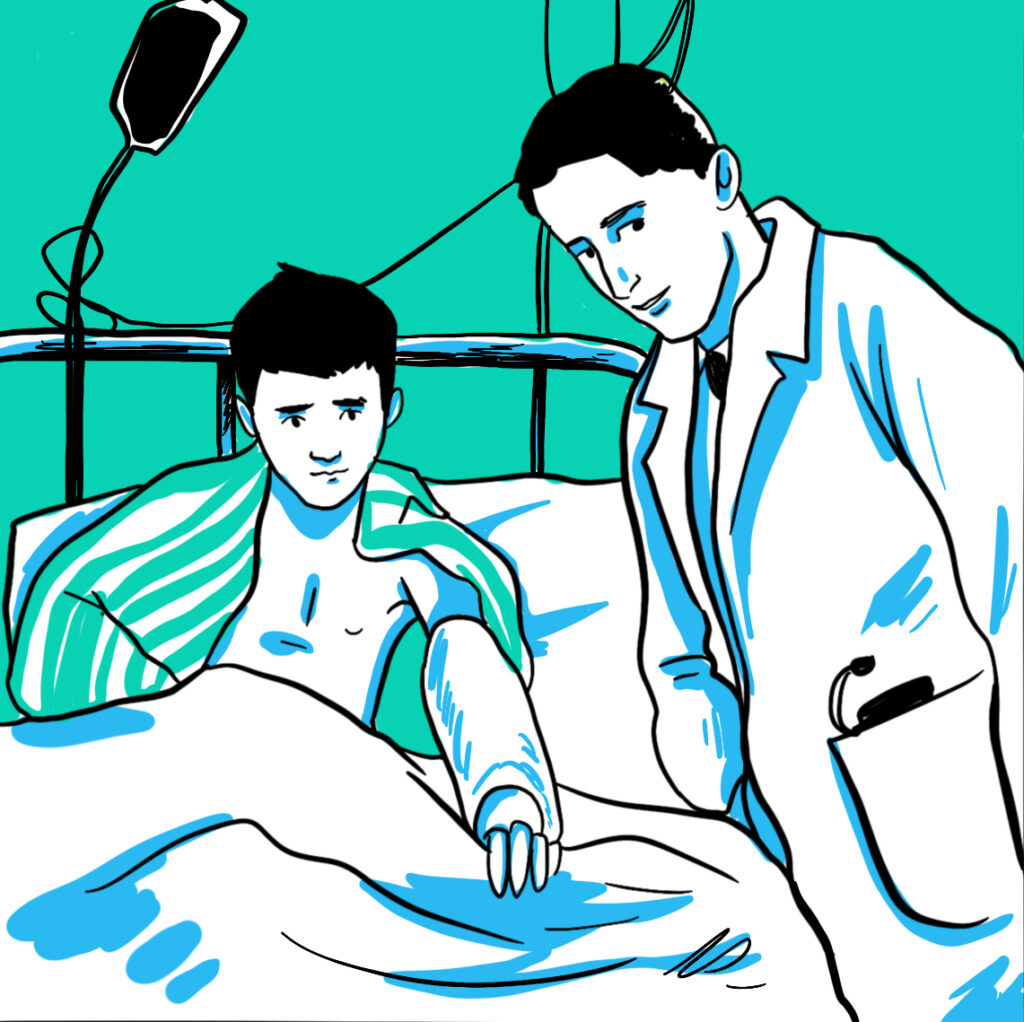Read all about it
Even when they did so, getting published in the mainstream journals presented a major hurdle. Nurse-based research is often based on a more humanistic approach that is deemed as “soft” by those interested in hard clinical endpoints. It will often involve small numbers of patients. It often uses complex methodologies that fall foul of the strict word counts imposed by most journals.
And it’s not just haemophilia nurses – much of the work of allied care professionals active in haemophilia goes unreported.
Kate Khair and I have talked for some time about the possibility of launching a journal aimed at the allied care professionals working in haemophilia. We floated the idea at last year’s HNA meeting and received an encouraging response, both from nurses and industry partners.
So, on 1 February 2014, as the HNA met in Birmingham, we posted first issue of The Journal of Haemophilia Practice at www.haemjournal.com. One month later, with minimal publicity, we’ve racked up 1548 page views, from visitors in pretty much every country in western Europe as well as Canada, the USA and New Zealand.
So what is the offering?
The Journal of Haemophilia Practice is an online, international, peer-reviewed journal focusing on the care of people living with bleeding disorders. Published by Haemnet, it is designed principally to cater for the needs of those members of the haemophilia allied care team who wish to publish but find it difficult to get their work accepted by the larger, academic journals.
We’ll publish on a quarterly basis, but will make new articles available online as they have worked through our system. We aim for each issue to include a balanced range of articles covering clinical reviews and research, case reports, opinion pieces. The bulk of each issue will comprise contributed material that has been through our peer-review process, although some articles will be commissioned from journalists.
This is not a “soft-touch” route to get dodgy research published. All submitted articles will go through our peer-review process – led by Kate and an international team of nursing and physiotherapy professionals acting as our editorial board. We aim to accept or reject all articles within 6-8 weeks.
Everything we publish will be freely available online through our website following a simple registration procedure.
Journals are increasingly adopting this open-access route, usually by charging a fee for publication. In line with the Haemnet vision – sharing experience benefits everyone – we won’t charge to publish articles unless they have been supported in some way by industry funding.
It takes a long time to establish a journal, and we know we have a long road with many hurdles ahead of us (for instance in securing a Medline listing). But we do believe this is now the right thing to do. We invited Professor Ian Hann, formerly Professor of Paediatric Haematology and Oncology and Associate Medical Director at Great Ormond Street Hospital, to contribute an opening editorial. He wrote:
“This is no longer an era of medically driven empires encouraging hospital and centre dependence, but one in which families are empowered to manage their care at home and in the community, thus enhancing their quality of life … My hope for this journal is that it will encourage research by all members of the multidisciplinary team. There will, I hope, be recognition that there should be no distinction between medical, nursing or any other types of research. Rather, there is just one type of research going back to Galileo, Newton and others with the same ethical and scientific stringencies applied.”
For more information on The Journal of Haemophilia Practice, visit http://www.haemjournal.com.
Citation: Khair K, Holland M, Vidler V, Loran C, Harrington C. Why don’t haemophilia nurses do research? Haemophilia 2012; 18(4): 540-3.
Mike Holland founded Haemnet and SixVibe. He is a medical writer, editor and event organiser – find him at Google+.


